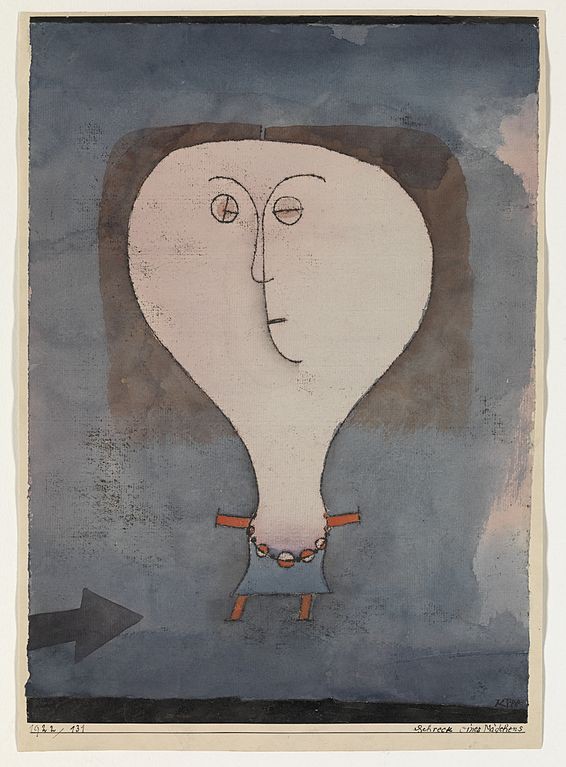Watch
Events
Articles
Market
More
"cinchers roostette" collage.
Talk to me about people who make intriguing Strange things!
Every working day I create an OOM for the Strange things of our Maker.
ofourmaker.com
#dailycreatedoom 2023/08/20




This is a good follow for advice on gardening ??.
https://rumble.com/v3d1ntt-fro....m-lawn-to-food-jungl



I couldn't agree with this statement more. All of your spiritual food should come from the Word of Yah.



Schreck eines Mädchens (Fright of a Girl) by Paul Klee, 1922.
https://commons.wikimedia.org/....wiki/File:GUGG_Frigh
Tell me about a Strange thing that intrigues you!
Every working day I post an OOM for the Strange things of our Maker.
ofourmaker.com
#dailyoom



